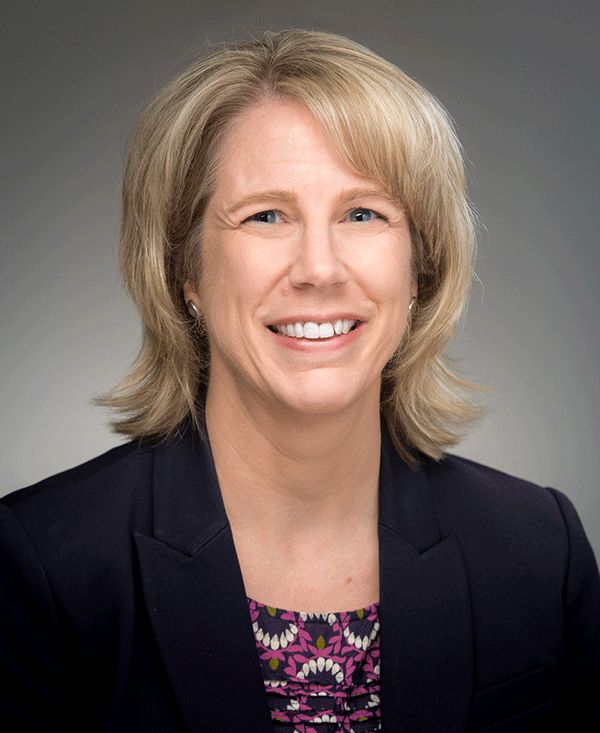 Christina Wolbrecht
Christina Wolbrecht
In the nearly 100 years since women won the right to vote, a conventional wisdom about the aftermath of the 19th Amendment developed.
Christina Wolbrecht believed that conventional wisdom needed to be challenged.
In her book, Counting Women’s Ballots: Female Voters from Suffrage to the New Deal, the Notre Dame professor of political science and her co-author, Western Michigan University political scientist J. Kevin Corder, investigated and often upended long-held assumptions about women’s suffrage and offered new insight into the largest expansion of the electorate in American history.
Their efforts earned them the American Political Science Association’s Victoria Schuck Award for the best book on women and politics published in the past year.
“People assume they know how the first women voted, but when you actually look at what they’re basing that on, it’s often literally just people saying, ‘Well, this is what I think happened,’” said Wolbrecht, who is also the director of the Rooney Center for the Study of American Democracy and the C. Robert and Margaret Hanley Family Director of the Notre Dame Washington Program.
It is said, for example, that women simply did not turn out to vote, that they tended to vote for progressive candidates, and that they were not a significant factor in the electorate’s shift to the Democratic party in the 1930s. These myths persisted in part because women’s voting habits in the first few elections after 1920 went largely uninvestigated due to the poor availability of election data and surveys from the time.
To get around this problem, Wolbrecht and Corder employed a relatively new statistical approach to what is known as ecological inference. It involves gathering demographic data from small units, such as counties or townships in a state, as well as data on how many people voted for each party — or didn’t vote at all — in those same units, then combining those sets of data to infer how women voted on average in the state as a whole.
Wolbrecht and Corder used the method to determine how women voted in 10 states over five elections. To bolster their arguments, they had one source that could serve as a comparison — Illinois actually used different ballots for men and women in the 1916 and 1920 elections, meaning the authors could compare the results from their method to actual data.
“If you think of a poll as having an error of about 3 percentage points on either side of it, that’s how close we got,” Wolbrecht said.
They found that where women lived was a huge determinate of how they voted. Instead of voting primarily for progressive candidates, women tended to be disproportionately loyal to the dominant party in their state.
“Women who lived in Democratic states were even more likely to vote Democratic than men, and women who lived in states that were really Republican were even more likely to vote for the Republican Party,” Wolbrecht said.
How many women voted also varied from state to state. Women generally voted at lower rates than men, but turnout was particularly low in states dominated by one party or the other — or in states, such as Virginia, with restrictive voting laws such as literacy tests or poll taxes.
In more competitive states without such laws, such as Kentucky and Missouri in 1920, women boasted higher turnout.
“Parties and candidates likely put a lot of effort into turning people out to vote,” Wolbrecht said.
In the 1930s, Franklin Roosevelt’s promise of a New Deal won the Democratic Party millions of new votes. Women played a disproportionate role in the shift, switching parties at a higher rate than men.
“Of all the new votes that Democrats gained because of Franklin Roosevelt, about half of them came from women,” she said.
Wolbrecht said she hopes the book adds a new perspective to discussions about how women did or did not shape American elections. Winning the Victoria Schuck Award, she said, is a recognition that those discussions are important.
“There is lots of really exciting and great work being done on questions about gender and politics in political science that is inspiring and interesting to me, and to be chosen for this award is a huge honor,” Wolbrecht said.


